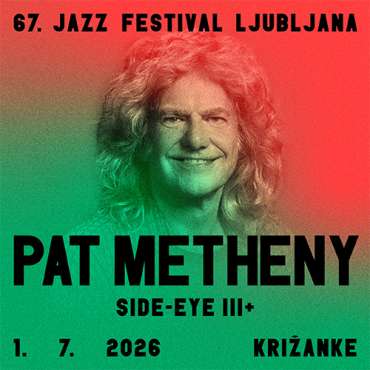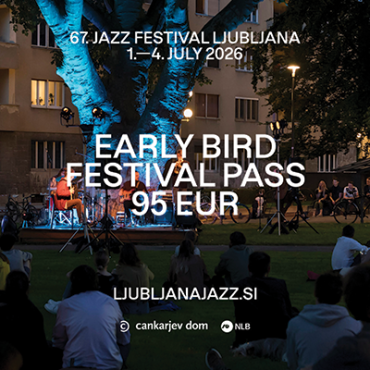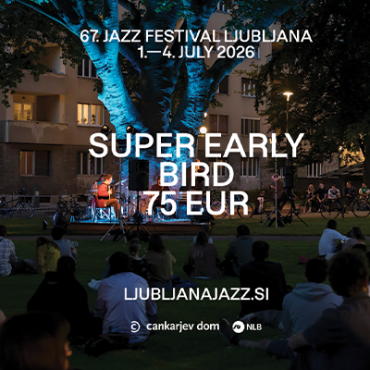NEWS

One of jazz’s most influential voices brings his Side-Eye III+ project to Križanke on July 1.

For over six decades, the Jazz Festival Ljubljana has shown that great music finds its way back to the places where it is truly appreciated — and with it, you keep finding…

For more than six decades, the Jazz Festival Ljubljana has been mapping Europe’s jazz scene and attracting top music artists from around the world to the capital. The programme is…


